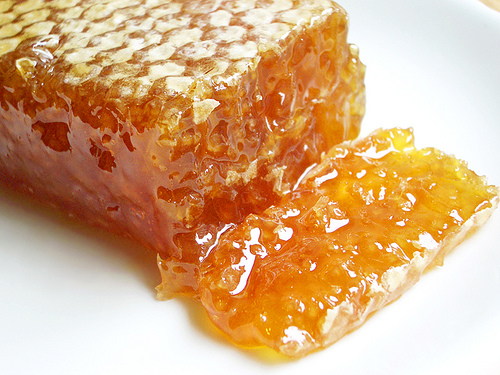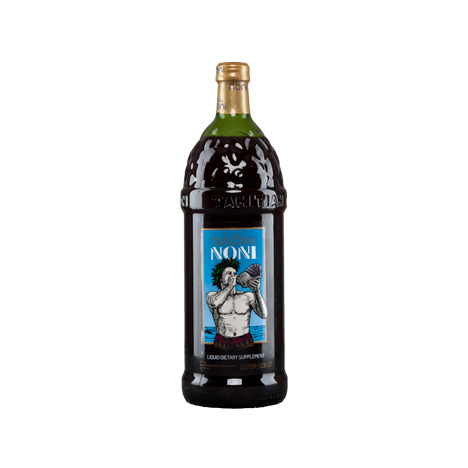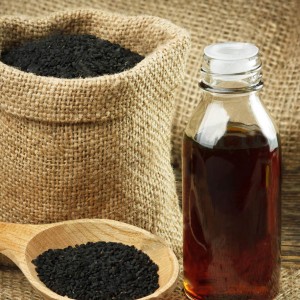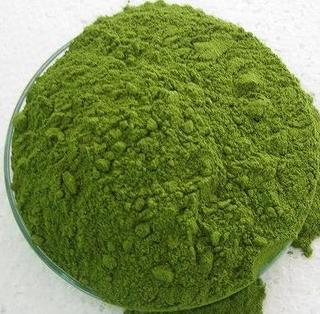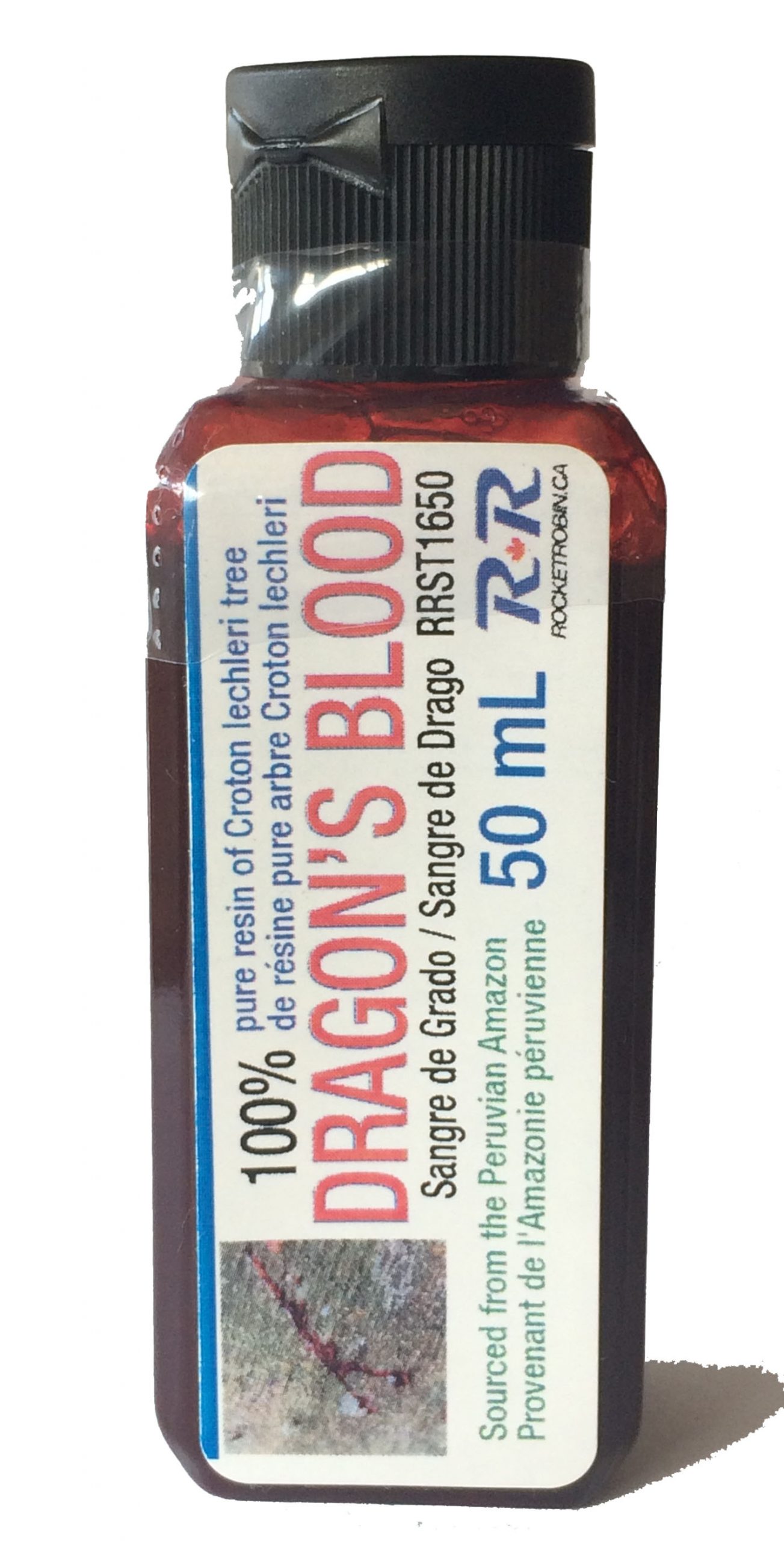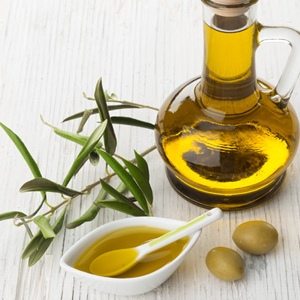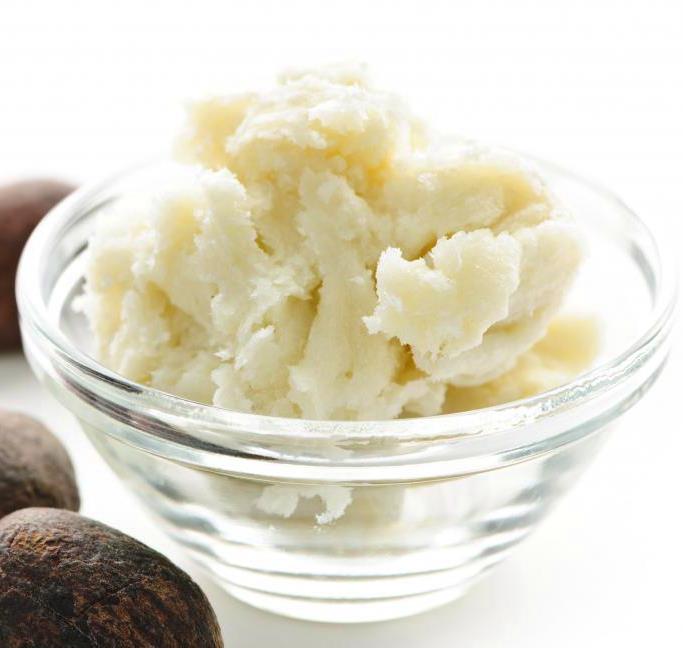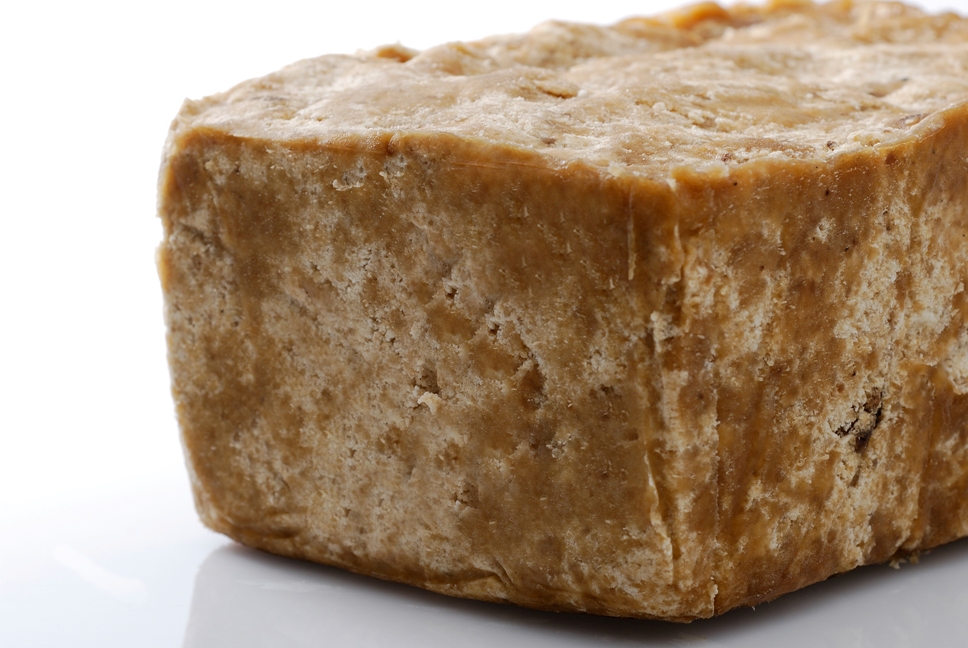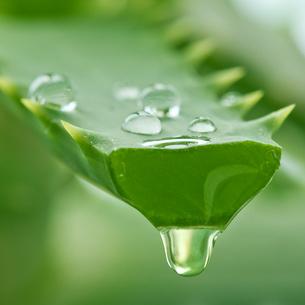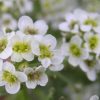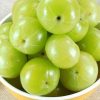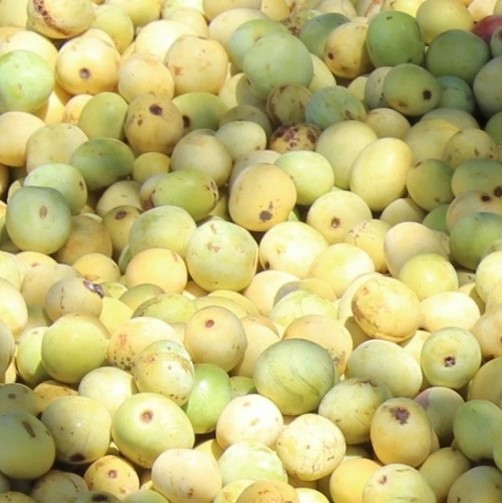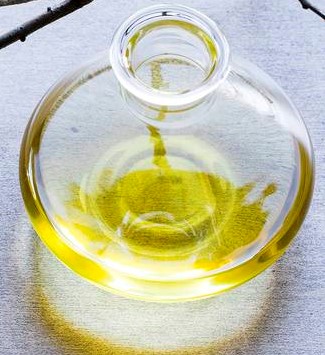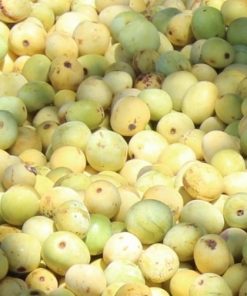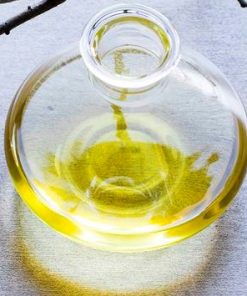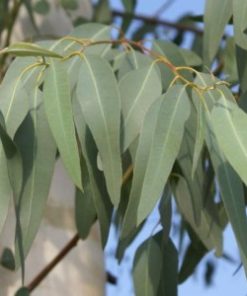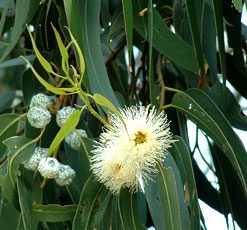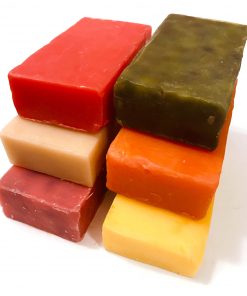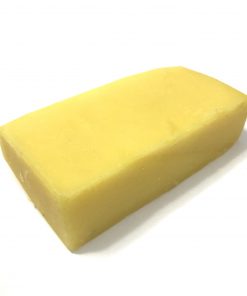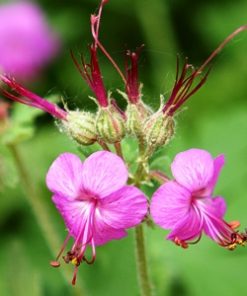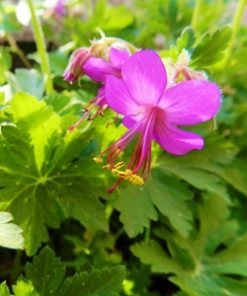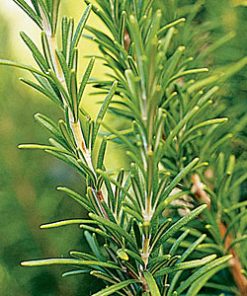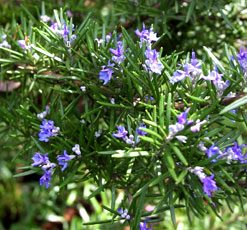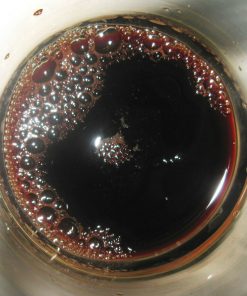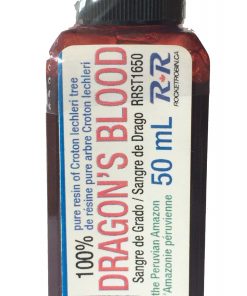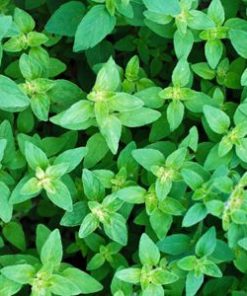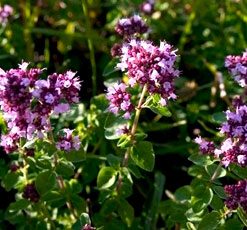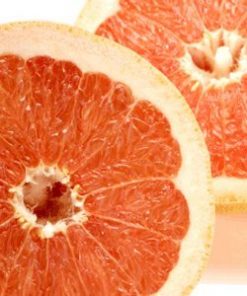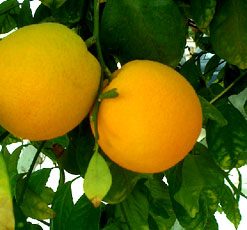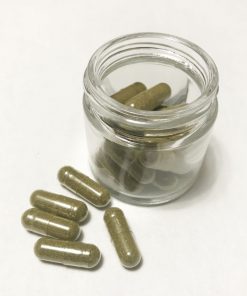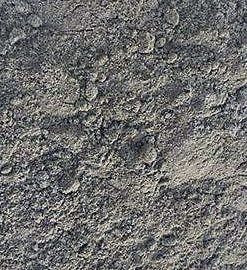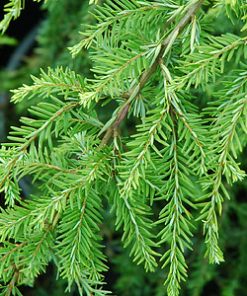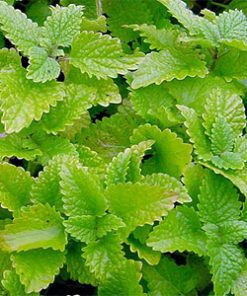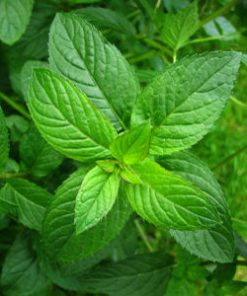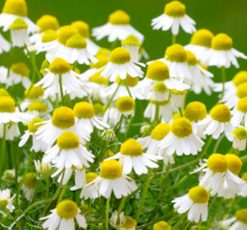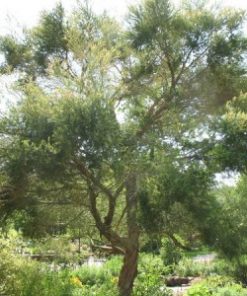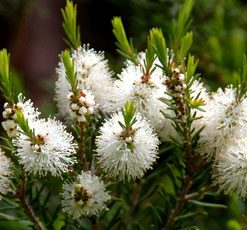$19.99 Original price was: $19.99.$1.00Current price is: $1.00.
Out of stock
Description
Marula Oil
Marula oil is extracted from the nut oil of the marula tree, native to Africa, and has a rich supply of monounsaturated and polyunsaturated fats, as well as tocopherols, vitamin C, flavonoids, sterols, and other antioxidants. Relatively lightweight and non-irritating, the oil can be easily absorbed into the skin and hydrates, nourishes, and strengthens skin without leaving a greasy film.
Sclerocarya birrea, commonly known as the marula, is a medium-sized deciduous tree, indigenous to the miombo woodlands of Southern Africa, the Sudano-Sahelian range of West Africa, and Madagascar.
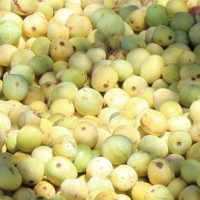
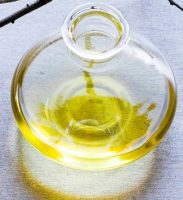
Marula oil is made from the fruit of the marula tree, which is native to Africa. And it has a lot of selling points. It’s moisturizing, but it won’t clog your pores. Naturally rich in antioxidants, Vitamin C and E, and essential fatty acids, Marula Oil is an easy way to improve the skin’s resistance to weather and external aggressors. With continued use, the skin’s surface will be stronger and it can even help to reverse the effects of sun damage on the complexion. Absorbing quickly into the skin, we love using this liberally all over the face as a rich night treatment or lightly as a nourishing daily makeup primer.
Marula Oil Properties
The best thing about marula oil is that it’s a multitasking power player. Not only will it hydrate your skin, protect against UV rays, and minimize dark spots, but it also works wonders on dry, brittle ends and flyaways. Since marula oil is absorbed quickly, you don’t need to worry about it weighing down your hair or leaving a greasy residue. That probably explains why marula oil is formulated in so many products.
Rich in omega and oleic acids, marula oil is a key factor in repairing and replenishing barrier function to dehydrated skin, while simultaneously controlling excess oil production. When used daily keep my skin clear of blackheads, whiteheads, pimples, and everything in-between, all while staying moisturized. Marula oil provides an excellent shield for the skin, defending against environmental damages, free-radical damage, and even has a higher antioxidant count than argan oil. It’s that reason why the tree is so valued in South Africa, as the oil protects from the harshest, dehydrating environment. While every part of the tree is used (and even made into juice, jelly, or beer), it’s the medicinal uses of the tree that has been utilized for centuries to treat diseases.
Traditional uses
The fruit is traditionally used for food in Africa, and has considerable socioeconomic importance. The fruit juice and pulp are mixed with water and stored in a container over 1–3 days of fermentation to make marula beer, a traditional alcoholic beverage. The alcoholic distilled beverage (maroela-mampoer) made from the fruit is referenced in the stories of the South African writer Herman Charles Bosman. Marula oil is used topically to moisturise the skin, and as an edible oil in the diet of San people in Southern Africa.
Commercial uses
On an industrial level the fruit of the marula tree is collected from the wild by members of rural communities on whose land the trees grow. This harvest and sale of fruit only occurs during two to three months but is an important income to poor rural people. This can be an important source of income for poor rural women. The fruit is delivered to processing plants where fruit pulp, pips, kernels and kernel oil are extracted and stored for processing throughout the year.[citation needed]
The fruit is used to make the cream liqueur Amarula and also sold as a frozen puree used in juice blends. Marula oil is used as an ingredient in cosmetics.
Amarula is a cream liqueur from South Africa. It is made with sugar, cream and the fruit of the African marula tree (Sclerocarya birrea) which is also locally called the Elephant tree or the Marriage Tree. It has an alcohol content of 17% by volume (30° proof). It has had some success at international spirit ratings competitions, winning a gold medal at the 2006 San Francisco World Spirits Competition. Elephants enjoy eating the fruit of the marula tree. Because of the marula tree’s association with elephants, the distiller has made them its symbol and supports elephant conservation efforts, co-funding the Amarula Elephant Research Programme at the University of Natal, Durban. For marketing efforts, it produces elephant-themed collectible items.
Rocket Robin is proud to be your supplier of truly natural products with simple ingredients in support of your family’s health and well-being.
Additional information
| Weight | 0.3 kg |
|---|---|
| Dimensions | 15 × 15 × 2.5 cm |

